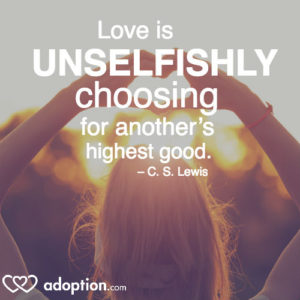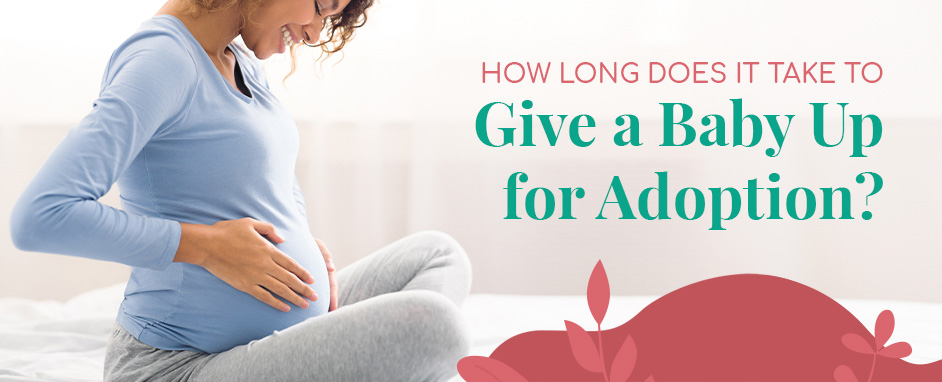July 10, 2018
Okay, So What Is Attachment?
In the adoption world, you hear a lot about attachment. There’s talk about how to attach, what happens if your child doesn’t attach, attachment disorders, and all of the behaviors surrounding this important connection between parent and child.
But what is attachment, and why is it important?
Attachment is the psychological bond between a child and their primary caregiver — initially, usually the mother, because attachment tends to begin in utero or directly after birth. Attachment is vital, as you can imagine, because it represents care, love, support and it is an infant’s initial experience with trust and relationships.
There is a lot of fear regarding adoption and attachment, and whether or not an adopted child can successfully and happily attach with their adoptive parent. Of course it’s a different process than with biological parents, but that doesn’t mean that it’s not possible to have a successful and emotionally nourishing attachment process.
When you’re considering attachment with your child, it’s important take into account their history. Were they adopted from infancy? If so, was there a gap between time with their birth mother and you? Was there any trauma in utero?
If your child did not come to you from infancy, but was slightly older, what was their life like in the meantime? Did they shuffle between foster homes? Do they have any positive relationships with adults, or have any reason to feel unsafe or mistrusting? All of these things affect a child’s ability to attach and must be a part of your process in building love and trust with them.
There are all sorts of excellent guides to strengthening your child’s attachment to you, but every child is different and it’s important to consider what these things mean to your child:
- Touch. How does it make them feel? Could they use more of it, or do they have a history with abusive touch that requires more delicacy?
- How does your home create a safe and welcoming environment? What do “safe” and “welcoming” mean to them, and how can you craft and nurture a home that best fits their needs?
- What could you give them more of? What do they need less of?
- How can you love them through their hardest moments? Sometimes children will push you away as a test, to affirm their expectations that they are not lovable. If that’s what they expect, how can you subvert it?
- If there is trauma in your child’s background, what steps are you taking to support and nurture that?
Attachment can be tricky (or not at all!) but it’s not impossible. Be present in your experience and never, ever hold yourself back from asking for help.



